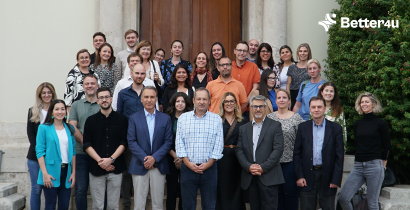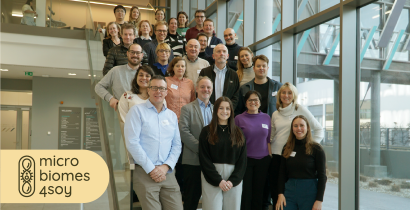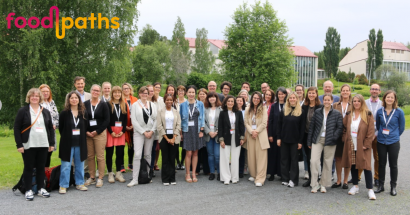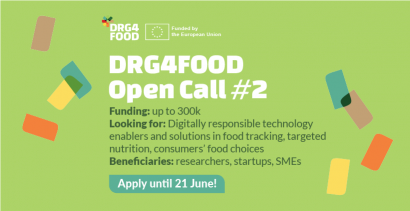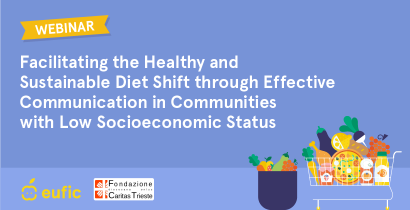The Future of Microbiome-Based Biomarkers: Human Microbiome Action announces publication in The Lancet Microbe
The EU-funded Human Microbiome Action consortium conducted a Delphi survey, coordinated by the Pharmabiotic Research Institute (PRI), to establish a consensus on the needs, challenges and limitations in qualifying microbiome-based biomarkers.
Collaboration of European Projects Advances Personalised Solutions for Obesity
BETTER4U harnesses the power of artificial intelligence (AI) models and pilot studies to gain insights into the factors contributing to weight gain. By crafting personalised interventions and employing technology-assisted monitoring tools, the project aims to develop effective strategies for addressing obesity.
Harnessing the power of microbiomes to improve our health: Launch of EU-funded MICROBIOMES4SOY
MICROBIOMES4SOY is an EU-funded Horizon project that uses the soyabean crop as a model system to deepen microbiome understanding and develop ambitious microbiome-based innovations in the food sector.
Declaration for our sustainable future: FOODPathS urges EU policymakers to prioritise the transition
FOODPathS is a project funded by the European Commission that aims to offer a concrete pathway and necessary tools to support the establishment of the European Partnership for Sustainable Food Systems for People, Planet & Climate.
DRG4FOOD’s second Open Call grants up to €300.000 to pilot projects that develop a trustworthy data-driven food system
The EU-funded Horizon project DRG4FOOD, a leading accelerator for advancing sustainable solutions in the food industry, releases its second Open Call of €950.000, aimed at supporting at least three pilot projects, each up to €300.000.
DRG4FOOD celebrates world consumer rights day by promoting digital responsibility in the food sector through a podcast series
DRG4FOOD celebrates World Consumer Rights Day by launching its Digital Food Podcast series. Through several episodes, the podcast will explore digital technologies and data in the food industry, highlighting the importance of digital responsibility, and empower consumers.
Webinar: Facilitating the Healthy and Sustainable Diet Shift through Effective Communication in Communities with Low Socioeconomic Status
EUFIC hosted the webinar “Facilitating the Healthy and Sustainable Diet Shift through Effective Communication in Communities with Low Socioeconomic Status” on Thursday, 23 November 2023 to showcase the results of their research with social supermarkets customers (native Italians and immigrants) that was conducted together with Caritas Trieste in Italy.
EUFIC launches Whole Grains Campaign to Inspire Uptake of Whole Grains and Revert Health Risks
On November 15th, on the occasion of the 5th International Whole Grains Day, the European Food Information Council (EUFIC) launches a campaign that aims to highlight the positive impact of whole grain on nutrition, wellbeing, and sustainability and to inspire Belgian citizens to integrate these nutritious choices into their daily diets. Science-based articles and infographics, including easy tips to increase whole grain intake, as well as social media challenges aim to help consumers make the switch.
European Nutrition Conference FENS 2023: EUFIC to host symposium on food education and science communication training series
This week, the European Food Information Council (EUFIC) will host a symposium on food education and engagement and a training series on science communication at the 14th European Nutrition Conference, organised by the Federation of European Nutrition Societies (FENS) in Belgrade, Serbia.
European initiatives address vital role of citizens in food system transformation
To address this crucial issue of food system transformation, the European Food Information Council (EUFIC), in partnership with FOODTRIALS, ALL-Ready, CLEVERFOOD and FOODPathS, hosted the event “Mobilising Citizens For Change” dedicated to showcasing success stories and initiatives that highlight the role of citizens in transforming food systems. This event aimed to accelerate food system transformations by fostering collaboration among diverse stakeholders, from national to international levels.

